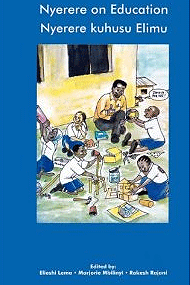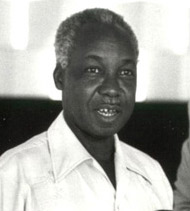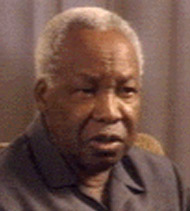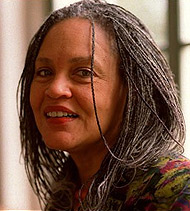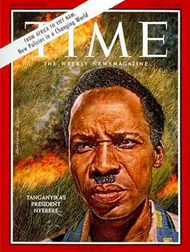Nyerere, The Soul Of Tanzania
Nairobi, Kenya – Three months before the end of the last millennium, Africa’s arguably greatest leader-president breathed his last in a big city hospital, far away from the peasants who held him in awe and whom he loved to banter with so much.
On October 14, 1999, Africa woke to the sad news of the demise of Julius Kambarage Nyerere. He was 77, a tender age considering that his beloved mother died at the ripe old age of 100-plus years. His elder brother Wanzagi had died at the age of 86 and his maternal uncle died at the age of 96 years.
The founder-president of the Republic of Tanzania died at St Thomas Hospital in central London. He had been diagnosed with a rare terminal illness — lymphatic leukaemia — a disease that is primarily caused by persistent multiplication of the white blood cells in the blood.
The course of the disease is very slow, but towards the end, is one of extreme discomfort. It is probable Nyerere suffered great pain as he lay in his bed. To date, the ailment has no cure.
Even the magnanimously forgiving first president of South Africa, Nelson Mandela, would not have kept silent in the face of the swamp of corruption his party, the ANC, which prides itself as a liberation movement, now finds itself deeply mired
Given his…

